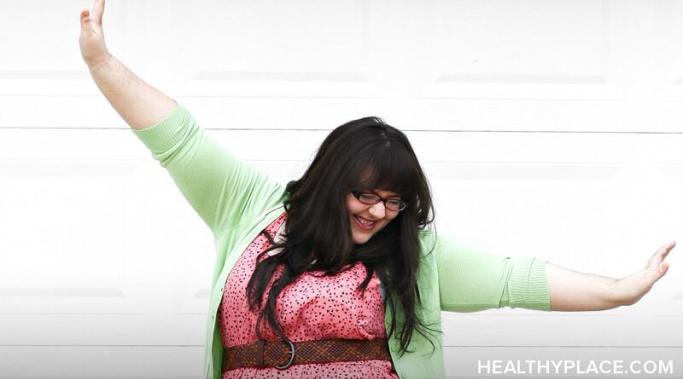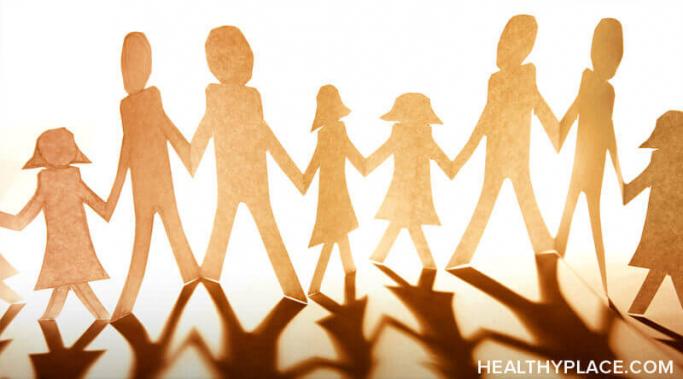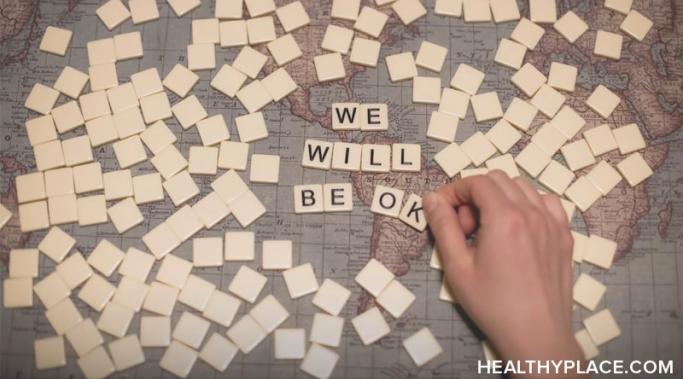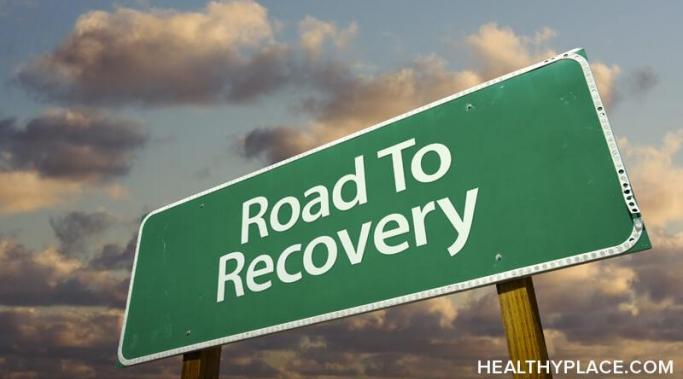Blogs
Often, the most profoundly helpful methods to combat anxiety are also the easiest to do. In that spirit, I want to discuss what is perhaps the easiest of all the easy methods: the simple act of recognizing the integrity and worth of other people.
Bipolar is a liar, and it's a liar that can't even keep its lies straight. Depression will tell you that you're worthless, while mania will lull you into distorted, grandiose thinking that can cause you to overestimate and over-extend yourself, which can have unpleasant professional and personal consequences. Because of the never-ending falsehoods that bipolar likes to trick us into accepting as truths, knowing our worth as workers and as people can feel like an impossible task. If you work with bipolar disorder, you are not alone in struggling to hold onto your sense of worthiness -- but it's easier to reclaim confidence than you might think.
Reading has always been a great source of comfort for me, and throughout my healing journey, I've read many books about mental illness and recovery. Some were boring, others just didn't feel aligned with me and my struggle, but some were absolutely amazing. Today I want to highlight those amazing books in the hopes that they can also help guide you through your recovery.
Nothing is more important to me than the wellbeing of my loved ones, which is why I want the very best for them. When I notice that something could be improved in their lives, especially when it pertains to bettering a mental health situation for them, I desperately want to say something. Here are three things I keep in mind when making suggestions about mental health to my loved ones.
When we speak of self-injury, most people associate the term with inflicting physical wounds on oneself. However, self-harm goes beyond the surface of our skins, and it's more common than we might realize. Whenever we engage in negative self-talk or unconsciously set ourselves up for failure, these are signs of psychological self-harm. Here's how to recognize it.
It's perhaps an odd thing to say, but it's okay to get mad about mental health stigma. The reason I wanted to broach this discussion at all is because I know many, myself included, often talk about being calm and collected when it comes to stigma. After something that happened recently, I wanted to say it's also okay to be made when stigma for mental health is perpetuated.
Anger or rage can actually be depression in disguise. I've learned this the hard way. Sometimes I walk around wanting to punch someone in the face because I'm so angry -- when I have absolutely nothing to be angry about. But the fact of the matter is, while the feelings of anger or rage are real, the cause is not always anger, per se, but depression. Depression has disguised itself as anger or rage.
"Gaslighting" is a form of emotional abuse in which the abuser makes the victim question their perception of reality in order to undermine their feelings and avoid accountability for abusive behavior. It is cruel and inexcusable to deliberately treat another person this way, but is it possible to do it unconsciously? Is it possible to gaslight someone with nothing but good intentions? I believe so. In fact, I believe unconscious gaslighting is a trap into which it is easy to fall when you are caring for a person with a mental illness.
I got my first dose of the COVID-19 vaccine yesterday. Before this event, I was very excited to be getting a shot--and excited that I’d managed to finally ace an appointment. But my schizoaffective disorder made me anxious as well as excited. Here’s why I was anxious.
It can be hard to imagine what self-harm recovery will look like in the long term when you're only just beginning your healing journey. I can't tell you exactly where your self-injury recovery path will lead you—but I can tell you what mine has looked like over the past decade.









